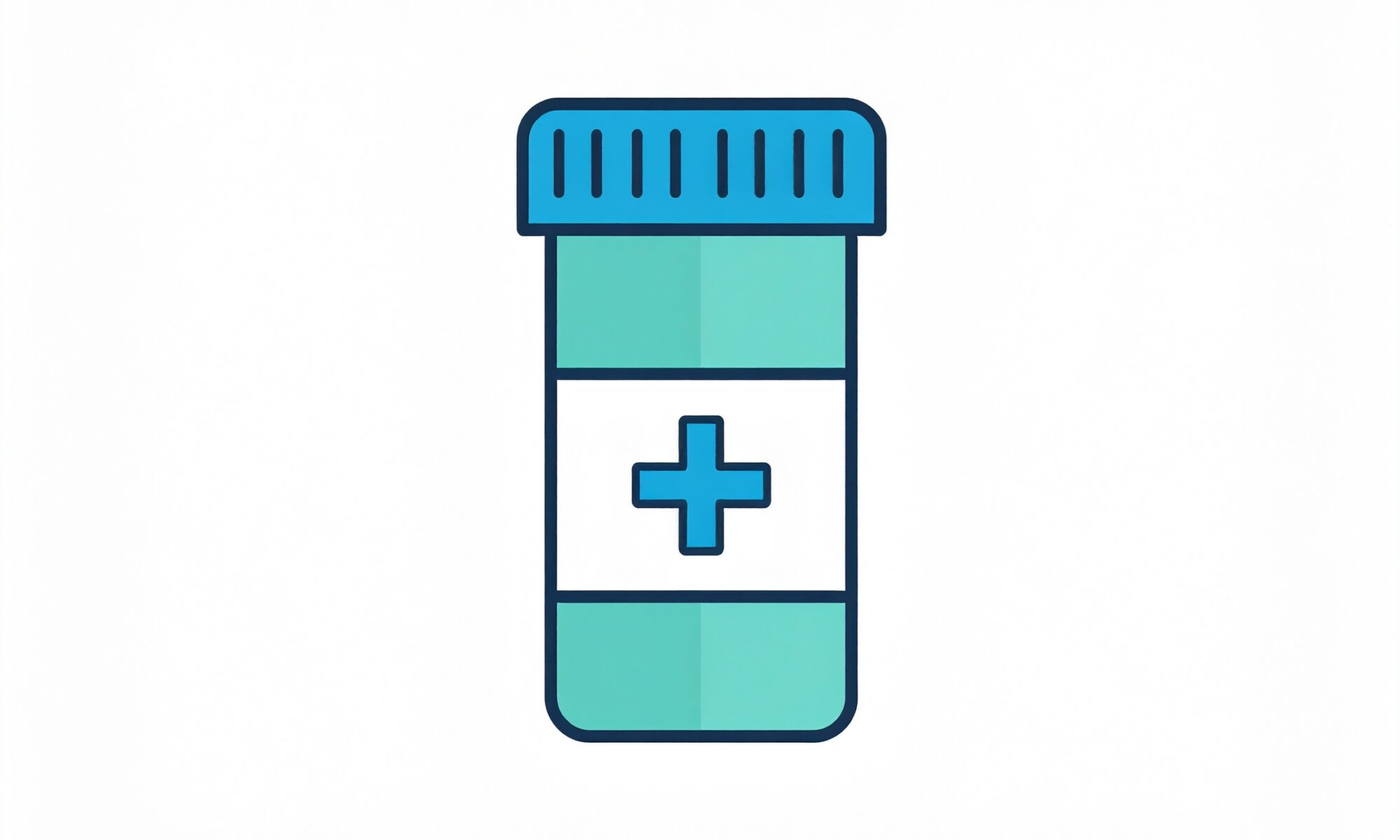Podcast: Play in new window | Download (Duration: 10:50 — 5.0MB) | Embed
In this episode, we break down itraconazole—a potent antifungal with a lot of baggage. If you’re a pharmacist, clinician, or student who needs to understand how this drug works and why it can be tricky to use, this episode is for you.
We start with the basics. Itraconazole blocks 14α-demethylase, an enzyme fungi need to make their cell membranes. That disruption kills or slows the fungus. It works against tough bugs like Aspergillus, Histoplasma, and Blastomyces, plus common skin infections.
Side effects? Nausea, liver enzyme elevations, and more seriously, heart failure. Yes, itraconazole has a black box warning for worsening or causing congestive heart failure. If your patient has heart issues, think twice.
Drug interactions are everywhere. Itraconazole is a strong CYP3A4 inhibitor. It can raise levels of drugs like statins, benzos, calcium channel blockers, and immunosuppressants—sometimes to dangerous levels. Don’t co-prescribe without checking.
Be sure to check out our free Top 200 study guide – a 31 page PDF that is yours for FREE!
Support The Podcast and Check Out These Amazing Resources!
Meded101 Guide to Nursing Pharmacology (Amazon Highly Rated)
Guide to Drug Food Interactions (Amazon Best Seller)

